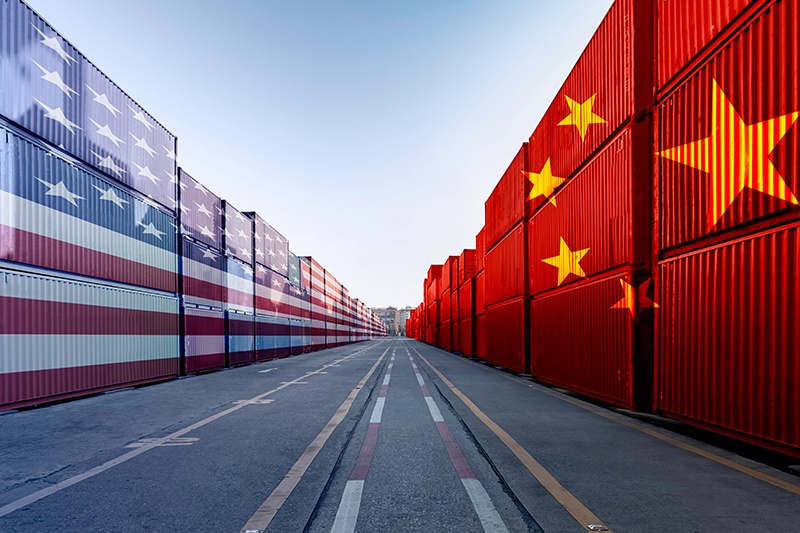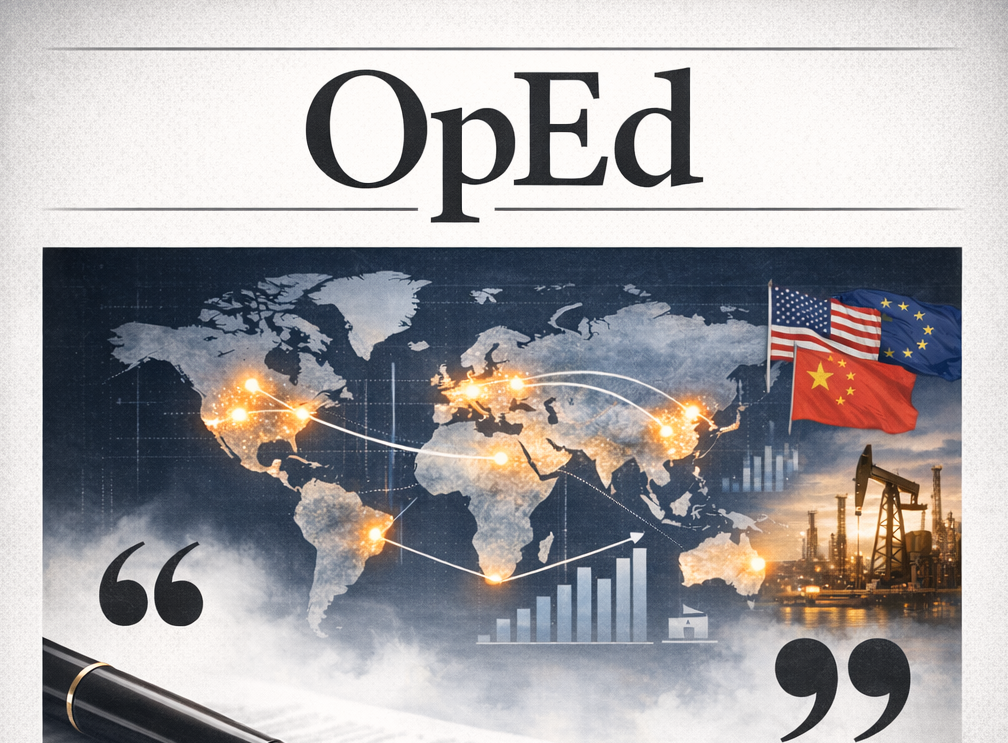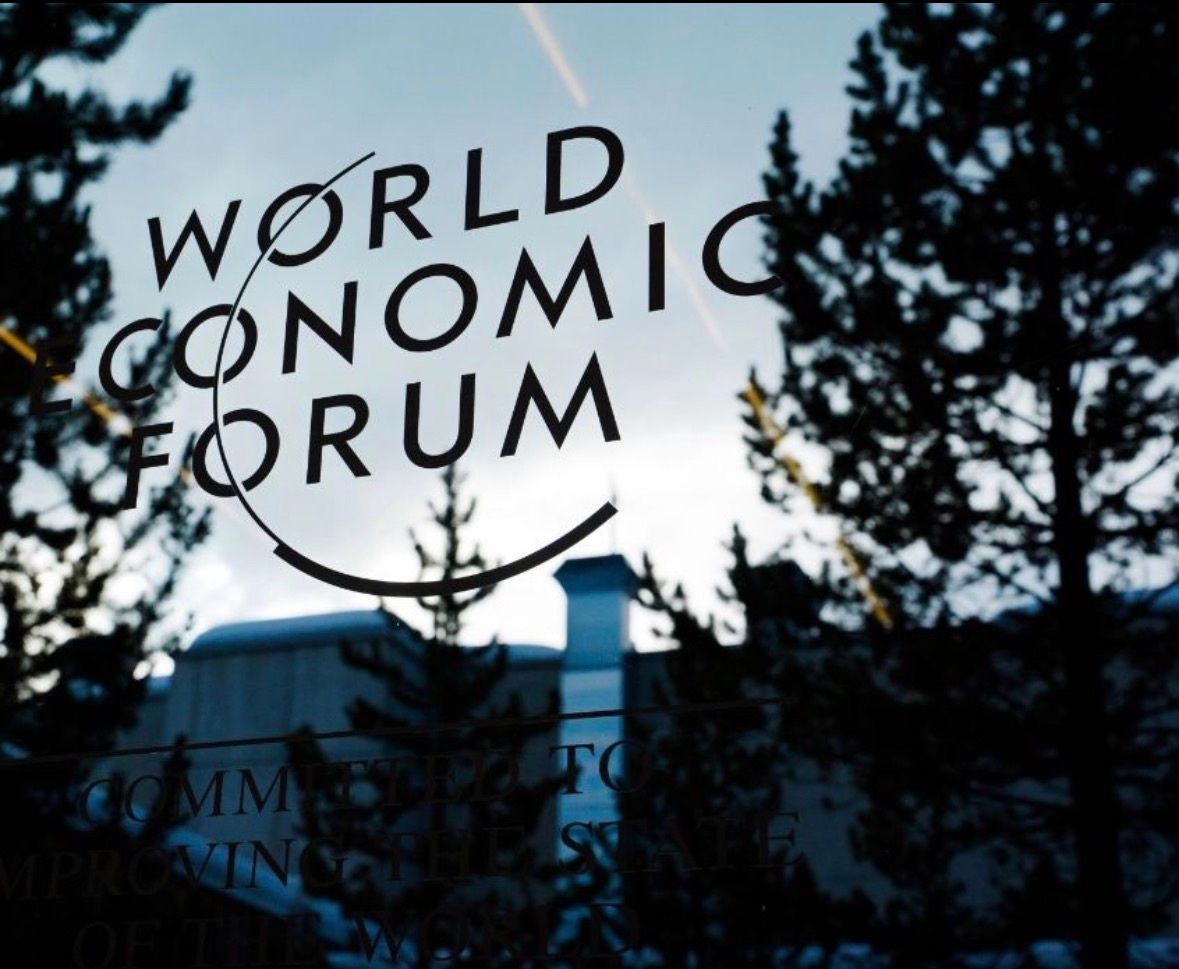As global trade tensions intensify between China and the US, Government Affairs (GA) professionals are navigating policy complexity, brand risk and internal expectations. Andrews Partnership spoke to several current and former GA leaders in China with deep expertise across multiple sectors to understand how tariffs are transforming their role. Here’s their advice on the tools, mindset and skills needed to respond effectively.
1. Get the full picture – and share it
Leaders stressed the importance of proactive, independent monitoring. In today’s fragmented information environment, that includes using a VPN to access a more complete and uncensored newsfeed. As one former GA leader put it, “Without a VPN, you’re not getting the full and unbiased picture.”
Actively interpret developments for internal stakeholders – share verified updates, build scenarios and offer strategic recommendations. This is no time for passive observation.
2. Prioritise internal alignment
While GA roles are traditionally outward-facing, interviewees agreed that during periods of uncertainty, internal engagement becomes just as critical, if not more so.
This includes working closely with local executives, especially in multinationals where the China-based CEO or GM may be more focused on revenue than reputational or regulatory risks. GA professionals have a role to play in helping leadership explain and defend positions internally and externally.
3. Manage the brand, not just the balance sheet
The China-based arm of many multinationals operates primarily as a sales outlet, which can lead to a narrow focus on commercial performance. But as one interviewee pointed out, “In China and in the press, most people don’t distinguish between the commercial part of the company or the sourcing part or the supply chain. It’s the company, it’s the brand, it’s the name.”
“For GA, the priority focus should be on how to protect the company so it doesn’t get caught in the crossfire, especially in American companies,” added another interviewee. GA leaders need to take a holistic view and advise and engage with colleagues in supply chain, customs, communications and beyond to protect the broader corporate reputation.
4. Refresh your strategy and stakeholder mapping
While recent tariffs may feel sudden, they are part of a longer geopolitical arc. “This is not a total surprise,” said one senior leader. “It’s an escalation of the complexity that’s been building for at least five or six years.
As a result, GA leaders should revisit their strategies – ideally in consultation with ExCo and the CEO. Stakeholder mapping should be refreshed to reflect new priorities and potential pressure points, ensuring that relationships with government entities (including at the grassroots level) and industry associations are strong and well-maintained.
Industry associations, in particular, can offer a valuable layer of protection, providing a shield and a collective platform so individual companies don’t stand out.
5. Step back to see the broader context
Beyond tactical adjustments, GA leaders encouraged a longer-term, more contextualised view of current tensions. That means understanding not only tariffs and trade mechanics, but the economic and historical context in which they sit.
“Try to rise a few thousand feet above to look at the issue from a different vantage point,” said one. “That can really help us advise how our company should cope.”
Despite the current rhetoric, several leaders expressed confidence that interdependence between China, the US and the EU would prevent long-term decoupling. “Countries quarrel or fight all the time, but we have to learn how to coexist,” one reflected. “We’re not going back to the 19th century. Globalisation will continue, it just needs to evolve.”
Prioritising the required skills and know-how
To thrive – not just survive – amid ongoing trade tensions, GA professionals in China must bring a well-rounded set of skills to the table. Resilience came up again and again as essential: “You have to be able to manage pressure, which can come from your CEO and from noise on social media and in the press.”
Strong internal collaboration skills are equally important, particularly when bridging cultural and geographic divides. One GA leader stressed the need to work across different teams and regions, while also being able to build persuasive cases for support or action from senior leadership. Influence and diplomacy remain central to the role.
Trade-related tensions also require an expanded knowledge base. While GA leaders are often well-versed in policy issues, today’s environment demands familiarity with trade dynamics, tariffs, supply chains and the specific commercial levers relevant to their industry. “What are the most important products that affect your company most?” challenged one interviewee. “We have to expand our knowledge base a little bit more.”
Staying aware of how others in the market are responding is also critical. Industry associations, peer networks and close engagement with experts in adjacent functions will all help GA leaders understand the broader landscape and avoid working in silos.
The impact on GA reporting lines
Trade tensions highlight the importance of clear, consistent reporting lines for government affairs teams in China. Several leaders noted that as the implications of tariffs grow more complex, GA functions should be positioned to influence not just local operations, but global strategy.
“In this trade war situation, it makes more sense for GA to report to the global function because trade will affect everybody,” said one leader. “If you report only to the country, it tends to focus more on the sales and commercial side. They’re not well-versed in these issues and don’t give adequate attention to them.” Without that alignment, they warned, GA leaders risk being under-supported or isolated.
Coordination across adjacent functions to ensure one voice was another common theme. As one GA leader put it: “I’m a strong advocate for bringing everything under one roof – corporate affairs, government relations with central and local authorities, PR, communication, sustainability and CSR.”
Seizing the opportunity
For GA leaders in China, the current climate brings plenty of pressure, but also an opportunity to step into a more strategic and visible role.
“This profession is such that in good times, when there’s no news, you don’t get noticed,” said one leader. “But when you have a situation like this, or a crisis, then the role becomes more important and more visible. That’s when people come to you for help.”
While few would welcome the challenges that come with a trade war, it also presents a chance for GA professionals to demonstrate leadership. For those who can navigate complexity, build alignment and keep a cool head, this moment offers the potential to not only protect their organisations but also to strengthen their influence and set the stage for career growth.





